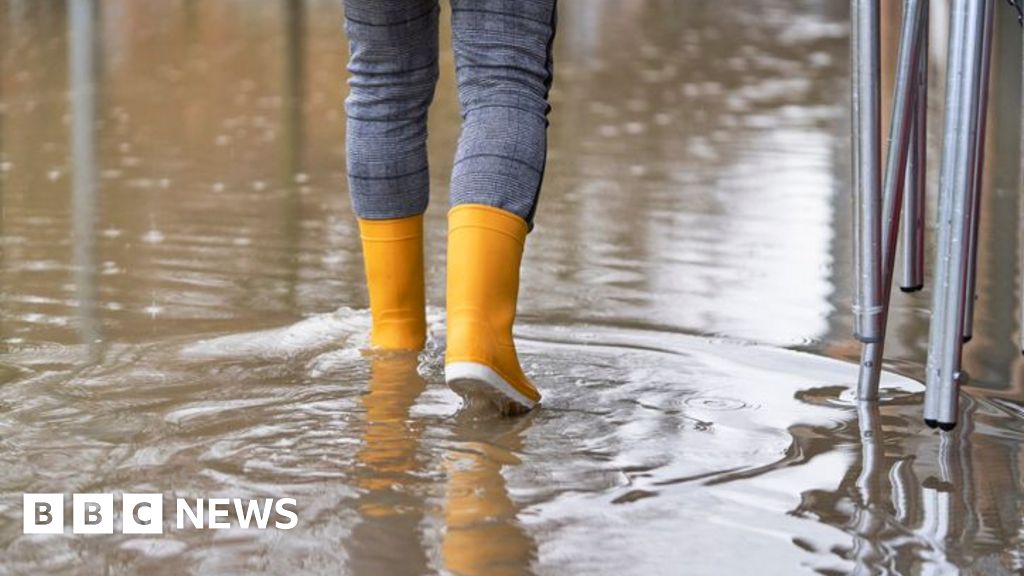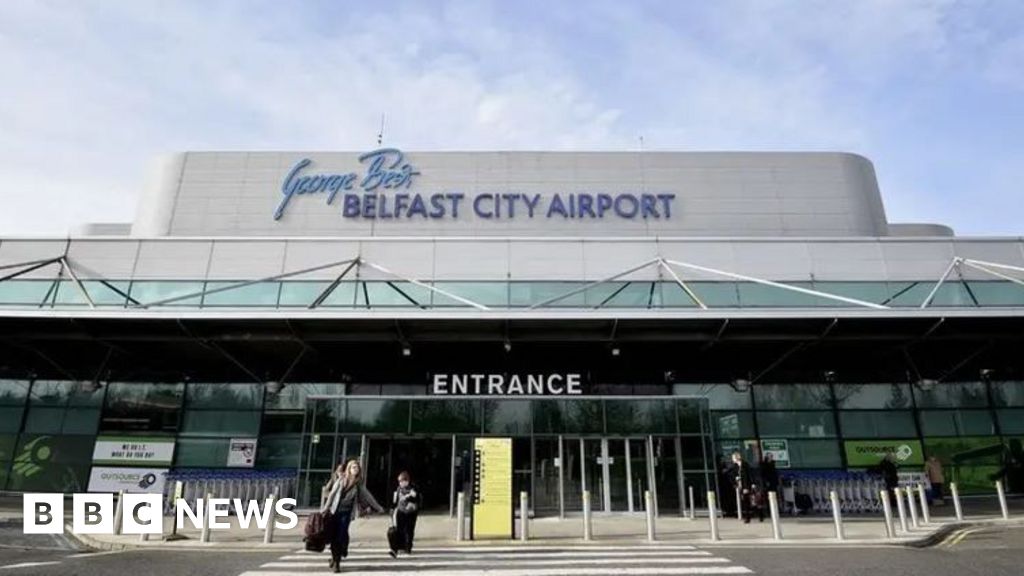Fashion
More than 900 Irish join British army as Defence Forces numbers at all time low

More than 900 people from the Republic of Ireland applied to join the British army over the past three years even as numbers serving in the Irish Defence Forces have fallen to historical lows.
Figures from the British Ministry of Defence show 824 individuals with a postcode in the 26 counties had sought to sign up for their regular forces during the last three recruitment years.
A further 115 were listed as having applied to become officers in the recruiting periods of 2021/22, 2022/23, and 2023/24, according to data that was released under Freedom of Information legislation.
In total, there were 941 people with an address in the Republic in the British army’s recruiting group data, including two who signed up for the reserve forces.
The disclosure comes at a time when the numbers serving in the Irish Defence Forces are about 7,500, and up to 2,000 personnel below what is considered ideal strength to defend the country.
Representative organisations like PDForra have blamed the recruitment crisis on poor pay and conditions during a time when security threats to Ireland are growing.
The figures for Irish enlistment to the British army are small in the overall context of the British forces, with the 278 applications for regular service last year making up about 0.28% of the 100,520 total.
The share of Irish applications to become an officer was slightly higher, with 43 candidates, who made up about 0.39% of the 10,917 total.
There were a further 1,216 applications from people in Northern Ireland in 2023/24 to serve in the ranks, or about 1.21% of the overall total.
Another 208 people with postcodes in the six counties applied to become an officer in the British army in the same period, or about 1.9% of the total who sought to join up.
Security analyst Declan Power said there were well-documented issues around pay and general conditions that needed to be improved in the Irish military.
However, he said there were other transformative steps that could be taken.
“The Defence Forces should take a leaf out of our neighbour’s book on recruitment and start targeting colleges and related areas to offer short service contracts, particularly in specialist areas like engineering, IT, medical-related disciplines and so on,” said Mr Power.
“Many of these candidates would plug gaps for a limited period and move on with useful career experience, while a significant number would opt to stay.”
He said it would be a “simple cost-effective solution” that would benefit the entire country.
Mr Power added: “The biggest obstacle would be cultural resistance both within the Defence Forces and the Department of Defence, but with good and innovative leadership, this can be overcome.”
Asked about the data it released, the British Ministry of Defence said it could not comment as it is “currently in [the] pre-election period”.
However, it has previously said there is a long history of non-UK citizens, including those from the Republic, serving in the British army and their commitment and service is greatly valued.










